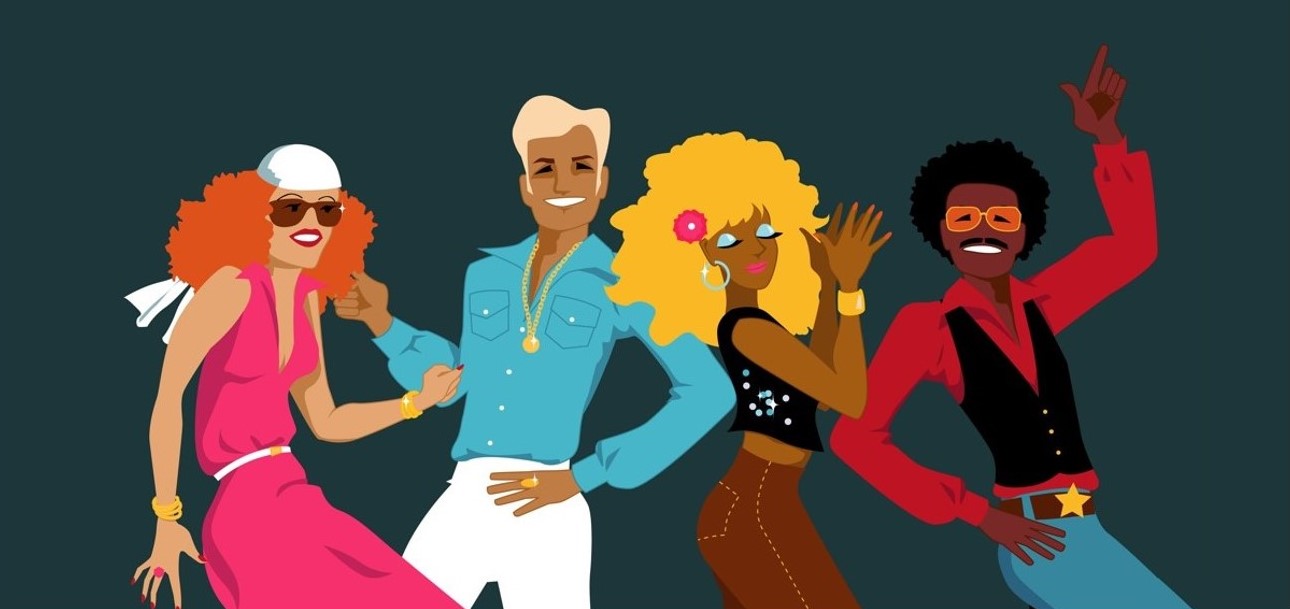Grindelwald, Switzerland, 20 September 2023: Don your best threads and polish your dance moves, because night fever is coming to Hong Kong. That’s right, my groovy friends, we may be lacking a Bee Gees soundtrack and the flare-wearing 70s are long gone but – just like John Travolta in his career-making role – our leaders want you to be stayin’ alive when the sun goes down.
“Night Vibes Hong Kong” is the latest campaign dreamed up by the government in an effort to kick-start our flagging economy. Apart from the obvious pubs and clubs (I’m aware “discos” are not a thing anymore), it will involve night markets, food stalls, movie screenings and live music shows. Some 80 shopping malls will also host activities after dark, Ocean Park and Disneyland as well, while night-riding MTR passengers will enjoy every sixth journey free of charge.
Financial Secretary Paul Chan, fresh from his starring role in a glitzy launch ceremony at the M+ museum, promises the campaign will “create happy memories” and boost tourism numbers. Others are equally optimistic. Entertainment tycoon Allan Zeman – who, let’s face it, knows a thing or two about this topic – agrees: “People come out when there are events; when there is nothing, they stay home.” Economics professor Terence Chong is not so sure, cautioning there is no direct relationship between a vibrant night economy and GDP growth. He thinks the main benefit will be enhanced social harmony.
From my current location of Grindelwald in the Swiss Alps – where I’m on a hiking break from the Rugby World Cup next door in France – I can only applaud our leaders for persistence. “Night Vibes Hong Kong” comes hot on the heels of “Hello Hong Kong”, the HK$2 billion bonanza launched in February to revive tourism, and April’s “Happy Hong Kong”, designed to boost local consumption in shops and restaurants. The campaigns have their critics – “People go out at night and walk around, so what?” shrugs veteran legislator Michael Tien about the latest initiative – but they are better than nothing.
After all, Hong Kong’s post-pandemic recovery is slow. In July, we recorded 3.59 million visitors, nearly 31% less than the figure for July 2019. Retail sales in June were the lowest for the month since 2011, excluding the pandemic years of 2020-22. Just this week, economists surveyed by Bloomberg are predicting the city’s GDP will expand 4% this year, down from earlier estimates of 4.6%.
Chief Executive John Lee is realistic about the potential impact of “Night Vibes”, acknowledging it will take time to change citizens’ stay-at-home habits, a trait they developed during pandemic curbs. He points out that some, inevitably, will wish to spend their dollars during short breaks north of the border, where Shenzhen has its own incentives to attract Hong Kong and Macau visitors.
In any case, our leader has other priorities, such as housing. To be fair, he is confronting this issue head-on, as illustrated by his visit on Sunday to the single-room home, in a sub-divided flat, of a family of four in Yuen Long. Noting such cramped living conditions are far from ideal, he reiterates “land supply and housing will be the government’s long-term focus”.
This is well overdue. Hong Kong has some 110,000 subdivided flats – many in old buildings – which accommodate more than 220,000 of our city’s poorest residents. The Chief Executive says his administration has secured enough land to build 360,000 public flats in 10 years, but only a third of these will become available in the first five. To alleviate this, efforts are being put into constructing transitional homes and so-called light public housing flats for those most in need.
Alas, housing is not the only issue. This week, we learn from Oxfam Hong Kong that the wealth gap in our city is wider than ever, with the richest 10% of households earning 57.7 times more than the lowest 10%, up from 34.3 times in 2019. The NGO reveals 20% of the population – some 1.36 million residents – are living below the poverty line, earning less than half the median household income level.
Our old friend Tik Chi-yuen – the only non-establishment lawmaker in the 90-seat Legislative Council – calls the figures unsurprising and slams the government’s economic recovery initiatives for focusing on consumption without effectively supporting low-income groups. “These measures do not suffice as a policy at all,” he sniffs.
John Lee can, at least, enjoy a short break from domestic concerns as he travels north this weekend for the opening ceremony of the Asian Games in Hangzhou, where Hong Kong has sent some 680 athletes to compete across 40 sports. Hopes are particularly high for our men’s and women’s rugby sevens teams, the former being defending champions. Action from all the events will be live-streamed to big screens dotted around Hong Kong, meaning citizens can catch the action before heading out for their government-funded evening vibes.
On this note – and with a nod to Saturday Night Fever – let’s hope our athletes strut their stuff.
Until next time, everybody!
Colin Cohen
Senior Partner
Boase Cohen & Collins



